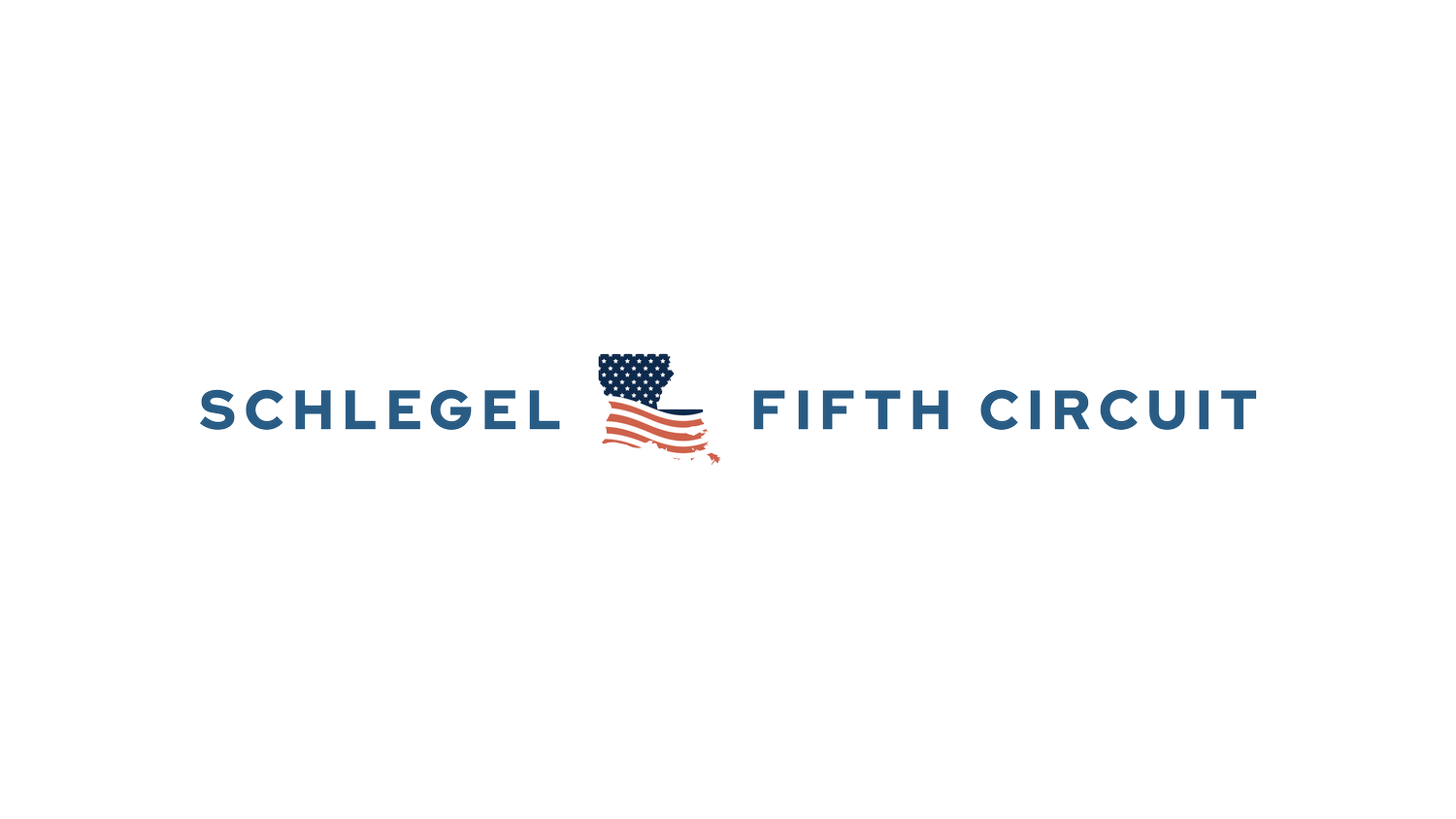Preparing the Legal Profession for the Rapid Evolution of AI Technology
In the rapidly advancing landscape of artificial intelligence, Sam Altman's candid assessment of the current capabilities of AI models as "kinda sucks" serves as a potent reminder of the relentless pace of technological evolution. Similarly, OpenAI COO Brad Lightcap's recent prediction that within a year, our current tools will look "laughably bad" underscores a crucial message for the legal profession: we are on the cusp of changes that will drastically alter how we practice law, and we are not yet ready.
This urgency to adapt is not unfamiliar to us. Just as we have integrated email, cloud storage, and video conferencing tools like Zoom into our daily practices, we must now prepare for the integration of generative AI. However, the speed and implications of AI are unlike any technological advancement we have faced before. It promises to redefine how we draft legal documents, analyze case law, and even interact with one another.
As leaders and gatekeepers of the justice system, it is our duty to ensure that we are prepared. This preparation goes beyond mere curiosity; it involves a commitment to really understanding the technology and its potential impacts on justice and fairness, all while focusing on the ethical considerations it raises. The comments by Altman and Lightcap are not just forecasts about technology; they are calls to action for us to engage proactively with the development of these tools to ensure they enhance rather than compromise the administration of justice.
We must view ourselves as stewards of a just transition into the AI era, tasked with the dual responsibilities of harnessing AI’s potential and mitigating its risks. This means investing in training, participating in policy discussions about the potential regulation of AI, and continually assessing the tools for biases and ethical implications.
The journey ahead will be challenging, but it is also inevitable. By beginning our preparation now and approaching AI with a critical and informed perspective, we can ensure that the legal profession remains a pillar of fairness and justice in an AI-driven world. The time for action is now—embracing this change is not merely an option but a necessity for the sustained relevance and integrity of our field.
